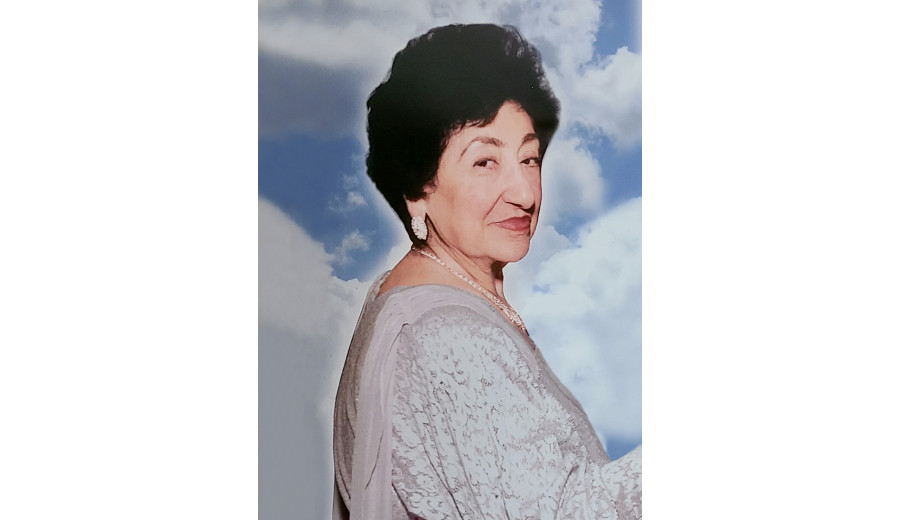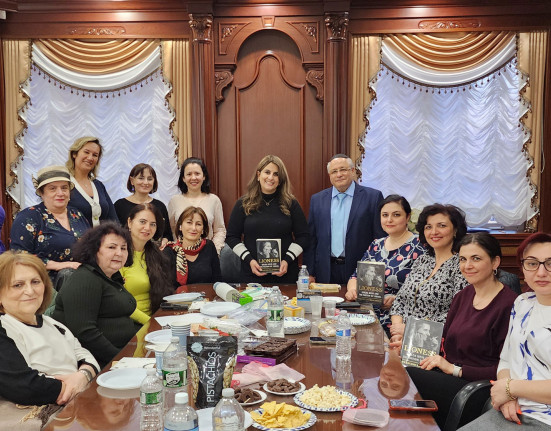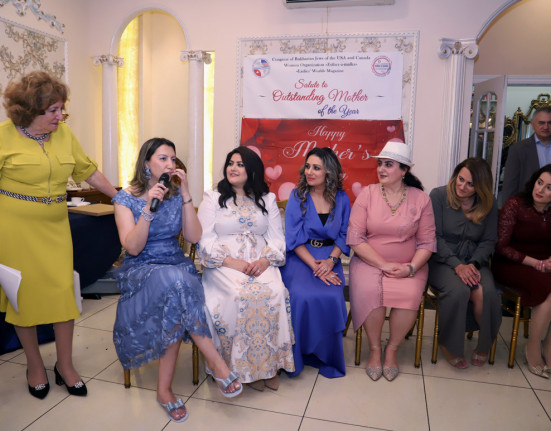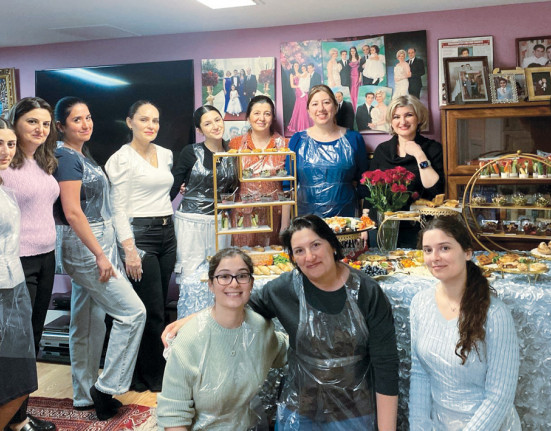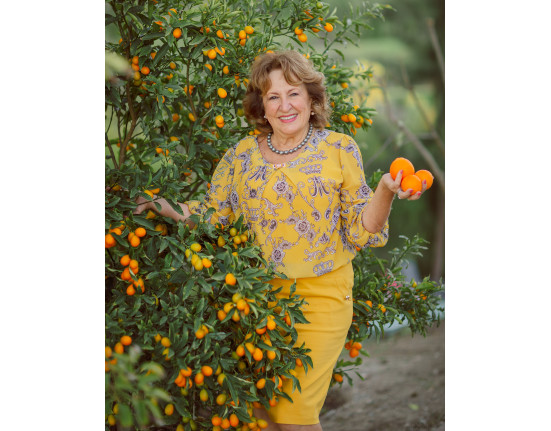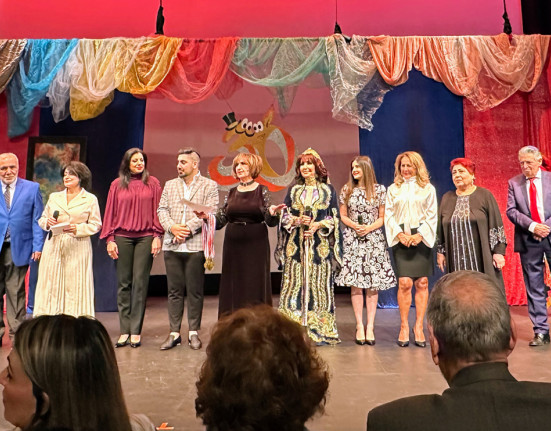At the end
of our lives, we face a quiet truth: accolades, possessions, even recognition
will one day disappear. Yet something greater endures. The real question is not
“Will I be remembered?” but “Did I live the life G-d put me here to
live?” That, my grandmother taught me, is where eternity begins.
My
grandmother, Zoya Kushmakova, was born into a world that tried to silence her
faith. A Soviet immigrant who came to the U.S. in the early 1990s, she carried
little besides her unshakable devotion and faith in G-d. Torah was her breath,
and from my earliest days she showed me what it meant to live as a Jewish woman
— not in theory, but with purpose.
Some of my
fondest memories are of her and I in the kitchen. She would lift me onto a
stool, steady my hands, and together we whisked the ingredients of our favorite
pastries. For her, cooking was not a chore but a sanctuary. Each dish was love
made tangible, every meal a blessing.
Her life
was an offering. She uprooted herself to bring her children opportunity,
mediated family disputes, and prepared Torah lessons for youth. She never
sought attention, yet her presence filled every room. To outsiders she was a
wife, mother, grandmother — perhaps a poet, teacher, and cook. To those who
knew her well, she was a vessel of truth, steady and eternal like Torah itself.
Only as I
grew older did I realize how much she gave me — not through speeches, but
through the way she lived. In her lighting of the Shabbat candles, in her
gentle corrections, in her daily dignity — her teachings endured.
As
Bukharian Jews, our story has traveled continents and survived dictators. It
remains because women like my grandmother refused to let go. They knew
tradition is not a relic but a lifeline — rooted in Torah, passed from mother
to daughter.
From her,
I learned that being a Jewish woman means fulfilling the holy role G-d designed
for us. Here are just a few of the truths she lived by:
• The woman is the maker of the home — she sets the emotional and spiritual
tone.
• The husband may be the head, but the woman is the heart, guiding him with
wisdom.
• Whether cleaning, cooking, or running errands, a woman should carry herself
with dignity — modesty is self-respect.
• True wisdom isn’t in degrees or titles, but in knowing when to discern,
listen, and speak.
• An educated woman is a gift to her family — but biblical wisdom builds
lasting homes.
• Our story survives only if we teach children the meaning of every holiday,
mitzvah, and tradition.
• A woman of G-d guards her speech, maintains a kosher home, and nurtures her
husband’s growth.
• A woman must invest in her mind and lead her children by example.
• Shabbat is holy — when honored, it channels blessings into the home.
• Family dinners are sacred times where love is spoken, children are heard, and
where a husband knows he is awaited with joy.
Though her
physical presence is no longer with us, her voice still whispers. Her devotion
— quiet, humble, unwavering — reminds me that the most powerful legacies are
not the loudest, but the ones lived with intention, truth, and G-d at the
center.

